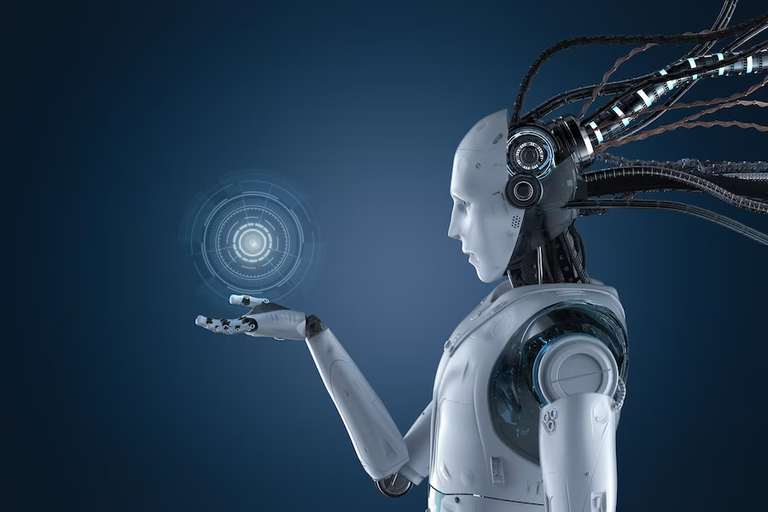THE SHIFTING TIDES: FROM TECH TO EMPATHY IN THE WORKPLACE
As tech organizations continue their trimming spree, surpassing a staggering 260,000 job cuts in 2023 and persisting into 2024, it's evident that a seismic shift is underway. This trend, often overlooked amidst the buzz of a robust job market in non-tech sectors, signals a broader decline of 'thinking' roles across industries, pushing individuals to seek out 'feeling' positions.
Roland Rust from Smith's School of Business sheds light on this phenomenon, citing a prescient study from 2018 and subsequent empirical evidence that culminated in the 2021 book "The Empathy Economy: How AI is Shaping the Era of Compassion."
"As AI takes on the cognitive heavy lifting across various fields, individuals must pivot and leverage qualities beyond raw intelligence," explains Rust, a distinguished professor at the University of Maryland. "Traits like intuition, empathy, creativity, and interpersonal skills are becoming increasingly valuable in the evolving job landscape."
He points to recent developments as proof of the broader 'thinking-to-feeling' transition. "Take financial analysts, for example. One told us he delegates technical tasks to AI and focuses instead on client relationships, providing support and reassurance."
"This shift is not confined to a single sector," adds Rust. "In customer service, for instance, AI chatbots handle routine queries, freeing up human agents to tackle nuanced issues requiring judgment, creativity, and emotional intelligence — areas where AI falls short."
In a telling example, Rust highlights a recent news story featuring an individual who abandoned a tech career to pursue psychology. "This aligns perfectly with our predictions. We advocated for a shift away from STEM-centric education towards cultivating stronger interpersonal skills," he explains. "Google's own research underscores this, with soft skills trumping technical prowess in career success."
Rust emphasizes, "The rapid advancement of AI is reshaping the job landscape, phasing out traditional 'thinking' roles in favor of the 'Empathy Economy' — a future where emotional intelligence reigns supreme."
